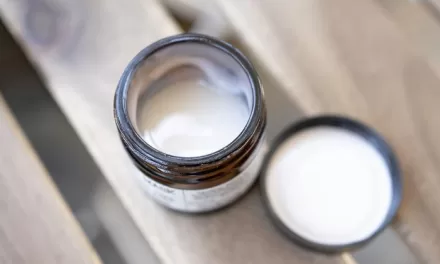A groundbreaking study led by experts from the University of Portsmouth and the Flanders Marine Institute (VLIZ) has unveiled a promising solution to combat microplastics pollution in marine environments. The research, published in Ecotoxicology and Environmental Safety, reveals that a newly developed plant-based plastic material releases significantly fewer microplastics compared to conventional petroleum-based plastics when exposed to sunlight and seawater.
In the study, researchers examined the breakdown of two different types of plastic materials under extreme conditions. The bio-based plastic material, derived from natural feedstocks, demonstrated remarkable resilience when subjected to intense UV light and seawater for a duration equivalent to 24 months of sun exposure in central Europe. In contrast, conventional plastics made from petroleum derivatives showed a significantly higher release of microplastics under similar conditions.
Professor Hom Dhakal, a leading expert from the University’s School of Mechanical and Design Engineering, highlighted the importance of understanding the environmental impact of different plastic materials. “Bio-based plastics are emerging as promising alternatives to conventional plastics, but their potential contribution to microplastics pollution in marine ecosystems remains a concern,” said Professor Dhakal. “Our research sheds light on the behavior of these materials in extreme environments, informing better decision-making to safeguard our oceans.”
Microplastics, particles smaller than 5mm in size, pose a significant threat to marine life and ecosystems. With the equivalent of a truckload of plastic entering the oceans every minute, finding sustainable solutions to reduce plastic pollution is imperative.
The study compared the degradation of polypropylene, a non-biodegradable conventional polymer, with polylactic acid (PLA), a biodegradable polymer derived from natural sources. While PLA exhibited a lower release of microplastics compared to polypropylene, Professor Dhakal emphasized the importance of cautious consideration. “Although plant-based plastics show promise in reducing plastic pollution, the release of microplastics underscores the need for continued research and proactive measures to mitigate environmental impact,” he explained.
The research also highlighted the influence of plastic type on the size and shape of microplastic particles released. Conventional plastics released smaller particles and exhibited fewer fiber-like shapes compared to plant-based plastics.
The findings from this study provide valuable insights into the behavior of different plastic materials under environmental stressors, informing future efforts to tackle plastic pollution. Professor Dhakal and his team underscored the necessity for ongoing research and collaborative initiatives to address the global challenge of microplastics pollution in marine ecosystems.
The study was conducted under the SeaBioComp project, a collaborative international effort funded by the Interreg 2 Seas Programme and the European Regional Development Fund. Through initiatives like Revolution Plastics, researchers and innovators are driving advancements in plastic-focused research, innovation, and policy to protect marine environments and promote sustainability.











